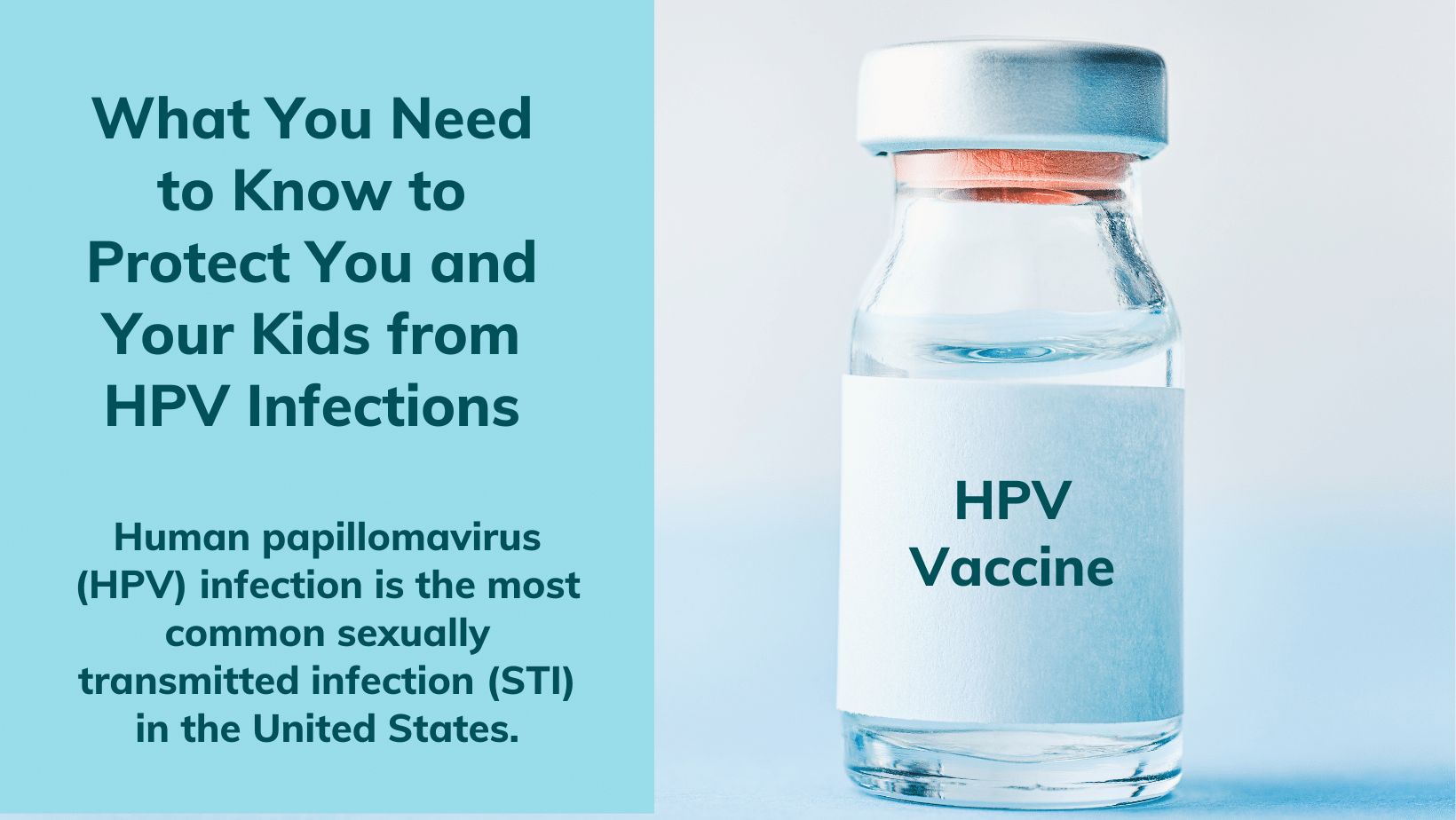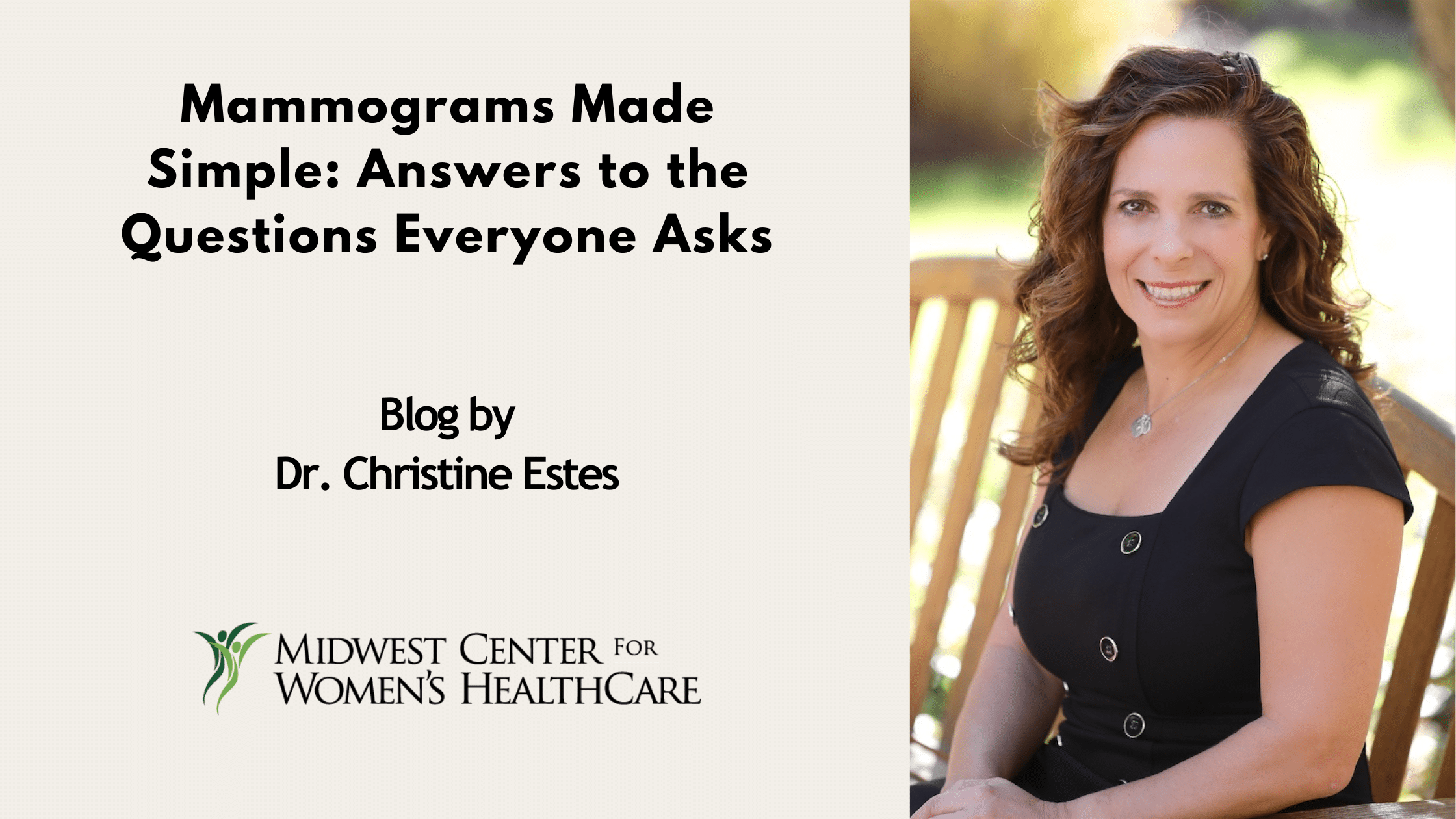Human Papillomavirus (HPV) Infection is the most common sexually transmitted infection (STI) in the United States. There are more than 150 types of HPV. They are numbered HPV1, HPV2 etc. Around 40 types infect the genital area of men and women and are spread by skin-to-skin contact during vaginal, anal, or oral sex. Genital HPV infection can occur even if you do not have sexual intercourse. Like other STI’s, genital HPV infection often has no signs or symptoms. The infected person can then unknowingly pass the infection on to others.
HPV is a virus and causes infection by entering cells from skin-to-skin contact. It then replicates itself and these copies infect other nearby cells causing them to become abnormal or damaged. These infected cells then can lead to genital warts, precancer and cancer of the cervix, anus, vagina, vulva, penis, mouth, and throat. There are “low risk” and “high risk” types of HPV. Low-risk types cause genital warts and high-risk types are linked with causing cancer. The immune system fights most low and high-risk types and clears them from the body over time. Those that don’t clear can go on and lead to pre-cancer or cancer. It usually takes years for this to happen. A Pap smear is a screening test for abnormal cells of the cervix/cervical cancer and allows for early treatment of abnormal cells, so they don’t progress on to cervical cancer.

HPV Vaccine
The Gardasil vaccine is available and can prevent infection with HPV. The vaccine protects against the HPV types that are most common. The Gardasil vaccine was first approved by the FDA in 2006 and covered 4 types of HPV and has since been expanded to include 9 types of HPV. Millions of people around the world have gotten the HPV vaccine without serious side effects.
Who Should Get the HPV Vaccine?
Girls and boys should get the vaccine as a series of shots. It is best given before a person is sexually active and exposed to HPV but can still be given to anyone who has become sexually active or even been told they have HPV. The age range for vaccination is 9-45 with 11-12 years being the idea age. For those 9-14 years old, two shots are required and for those 15-45 years old, three doses are required.
If you or your child has not gotten all the recommended shots, he or she does not have to “start over.” They may just continue where they left off with the series to get protection. If you have any questions about completing the series, talk with your health care professional.
How Effective is the HPV Vaccine?
The HPV vaccine is highly effective when given before the start of sexual activity. The vaccine can reduce the risk of genital warts and HPV-related cancer and precancer by up to 99% when all recommended shots have been given. If you had sex, you may already be infected with one or more types of HPV, but you can still get the vaccine. It may help protect you from the types of HPV included in the vaccine of which you are not infected.
Are there side effects from the HPV Vaccine?
There are few side effects from the HPV vaccine. The most common are pain, swelling and redness at the vaccine injection site, just the same as with any other vaccine.
Protect Yourself and Stay Healthy
Even if you get the HPV vaccine, it’s still important to protect yourself from HPV and other sexually transmitted infections. The more partners you have over your lifetime the greater your risk of infection from HPV and other STIs. Be sure to use a male or female condom when you have vaginal, anal, or oral sex. But remember, condoms only cover a portion of the exposed skin and do not completely protect against HPV infection.
HPV vaccine helps prevent HPV infection. The HPV Vaccine is not a cure for an HPV infection that is already present. Women who have been vaccinated still need regular cervical cancer screening at the recommended intervals for their age group and individual health history.
Important Note for Parents
For all the parents who are hesitant to vaccinate their kids against HPV because HPV is sexually transmitted and we don’t want to think about our kids having sex or we believe that they’re too young to think about sex…. Remember, children will eventually grow up and are likely have sex at some point. Why not protect them now (>99% effective) so they won’t have to deal with the stress and anxiety and health consequences that HPV causes?
About The Author
Ann LaBarge M.D., F.A.C.O.G
Ann LaBarge, M.D., F.A.C.O.G. is board-certified Obstetrics and Gynecology physician and a Fellow of the American College of Obstetricians and Gynecologists. She has been providing comprehensive gynecological services and obstetrical care to patients for more than 20 years. After graduating from Rush Medical College in Chicago, Dr. LaBarge completed her internship and residency at Advocate Lutheran General Hospital in Park Ridge, where she served as Chief Resident and was also a member of the Alpha Omega Alpha Medical Honor Society. Dr. LaBarge has been selected as a “Chicago Top Doctor” by Castle Connolly numerous times, most recently in 2022.
Dr. LaBarge sees patients in her Park Ridge office and is affiliated with Advocate Lutheran General Hospital in Park Ridge and Amita Health Presence Resurrection Medical Center in Chicago. She is trained to perform the da Vinci Robotic Surgery, a cutting edge technique for hysterectomies and other minimally invasive procedures.
Dr. LaBarge is currently accepting new patients by calling 847.825.8108 or requesting an appointment here. Learn more about Dr. LaBarge here.





